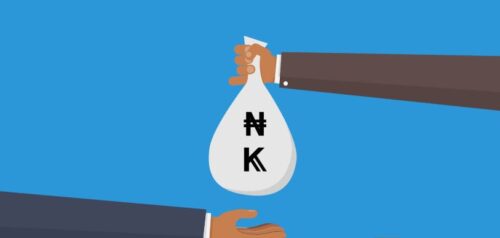Nigeria’s burgeoning digital lending industry has brought both benefits and challenges. While these platforms offer convenient access to credit, they’ve also raised concerns about unethical debt collection practices.
Many digital lenders have resorted to aggressive tactics, such as harassment and public shaming, to recover loans. This has led to a backlash from borrowers and regulators alike. To address this issue, a new wave of ethical debt collection companies has emerged, aiming to recover loans through fair and respectful methods.
However, experts argue that the effectiveness of ethical debt collection is limited by several factors. Firstly, the economic realities faced by many Nigerians can hinder their ability to repay loans, regardless of the collection methods used. Secondly, the lack of robust credit infrastructure and borrower profiling can make it difficult to accurately assess creditworthiness and mitigate default risk.
Furthermore, the rise of sophisticated fraud techniques and the exploitation of regulatory loopholes can undermine the efforts of ethical debt collection agencies. Borrowers may resort to tactics like emptying their bank accounts or changing their phone numbers to avoid repayment.
To create a sustainable and ethical lending ecosystem, it is crucial to strike a balance between the needs of lenders and borrowers. Implementing stricter regulations, promoting financial literacy, and fostering a culture of responsible borrowing can help mitigate the risks associated with digital lending and ensure that debt collection practices are fair and humane.


